PNY Quadro M4000 VCQM4000-PB 8GB 256-bit GDDR5 PCI Express 3.0 x16 Full Height Graphics Card
$222.93
PNY NVIDIA Quadro M4000 Workstation Video Card
Get real interactive expression with NVIDIA Quadro, the world’s most powerful workstation graphics. Tackle your most demanding visualization workloads with ease using the advanced NVIDIA Maxwell™ GPU architecture and the flexibility of a single-slot form factor. 8 GB of ultra-fast memory enables the creation and rendering of large, complex models and the computation of massive datasets. A new display engine drives up to four 4K resolutions displays natively (4096 x 2160 at 60 Hz with 30-bit color). Pair up two or more outputs to drive displays greater than 4K, and take advantage of NVIDIA Quadro Sync support to frame-lock multiple displays together, or use external I/O boards and NVIDIA’s GPUDirect™ for Video to integrate the Quadro M4000 into broadcast, video or film production workflows.
Designed and built specifically for professional workstations, NVIDIA Quadro GPUs power more than 200 professional applications across a broad range of industries including manufacturing, media and entertainment, sciences, and energy. Professionals trust them to realize their most ambitious visions, whether its product design, visualization and simulation, or spectacular visual storytelling and get results to market faster.
- Scalable geometry architecture
- Hardware tessellation engine
- NVIDIA GigaThread engine with dual copy engines
- Shader Model 5.0 (OpenGL 4.5 and DirectX 12)
- Up to 16K x 16K texture and render processing
- Transparent multisampling and super sampling
- 16x angle independent anisotropic filtering
- 128-bit floating point performance
- 32-bit per component floating point texture filtering and blending
- 64X full scene antialiasing
- FXAA and TXAA full scene antialiasing
- Decode acceleration for MPEG-2, MPEG-4 Part 2 Advanced Simple Profile, H.264, MVC, VC1, DivX (version 3.11 and later), and Flash (10.1 and later)
- Dedicated H.264 encoder
- Blu-ray dual-stream hardware accelerating (supporting HD picture-in-picture playback)
- NVIDIA GPU Boost automatically adjusts the GPU engine throughput to maximize application performance.
- SMX architecture (streaming multi-processor design that delivers greater processing and efficiency)
- HyperQ (allows multiple CPU cores to simultaneously utilize a single M6000 GPU to execute independent compute kernels)
- Dynamic Parallelism (GPU dynamically spans new threads without going back to the CPU)
- API support including: CUDA C, CUDA C++, DirectCompute 5.0, OpenCL, Java, Python, and Fortran
- NVIDIA Parallel Data Cache hierarchy (per SM L1 and unified L2 caches)
- Error-Correction Code (ECC) memory on graphics memory
- 96KB of RAM (dedicated shard memory per SM)
- 30-bit color (10-bit per each red, green and blue channel)
- Support for any combination of four connected displays
- DisplayPort 1.2 (supporting resolutions such as 4096 x 2160 at 60 Hz)
- DisplayPort to VGA, DisplayPort to DVI (single-link and dual-link) and DisplayPort to HDMI cables optionally available (resolution support based on dongle specifications)
- 10-bit internal display processing (hardware support for 10-bit scanout for both windowed desktop and full screen, only available on Windows with Aero disabled and Linux
- NVIDIA 3D Vision™ technology, 3D DLP, interleaved, and other 3D stereo format support
- Full OpenGL quad buffered stereo support
- Underscan/overscan compensation and hardware scaling
- Support for NVIDIA Quadro Mosaic, NVIDIA NVIEW multi-display technology, NVIDIA Enterprise Management Tools
- Support for large-scale, ultra-high resolution visualization using the NVIDIA SVS platform which includes NVIDIA Mosaic, NVIDIA Sync and NVIDIA Warp/Blend technologies
- Dolby Digital (AC3), DTS 5.1, multi-channel (7.1) LPCM, Dolby Digital Plus (DD+), and MPEG-2/MPEG-4 AAC
- Data rates of 44.1 KHz, 48 KHz, 88.2 KHz, 96 KHz, 176KHz, and 192 KHz
- Word sizes of 16-bit, 20-bit, and 24-bit
The heart of Maxwell’ power efficient performance is its newly designed Streaming Multiprocessor which delivers incredible performance and unmatched power efficiency, through an improved instruction scheduler and new data path organization.
Improved caching effectiveness and significant enhancements in memory compression techniques in Maxwell reduces traffic and provides higher performance for applications dependent on memory bandwidth. Additionally, Maxwell’s dedicated shared memory per SM (separated from the L1 cache) and larger L2 cache, dramatically improves programmability and efficiency.
Dedicated hardware to automatically broadcast input geometry to render to multiple render targets which drastically speeds up ‘multi projection(the ability of rendering the same scene from multiple view) leading to accelerated rendering for cube maps used in multi view projectors and 3D CAVE environments.
Virtualizes texture sizes enabling applications to seamlessly work with large and complex data sets regardless of the available frame buffer.
Enhancements to voxel handling techniques enables fast voxelization which significantly accelerates workflows like fluid simulation and 3D printing.
Enables the highest rates of parallel data processing and concurrent throughput between the GPU and host, accelerating techniques such as ray tracing, color grading and physical simulation.
Optimizes GPU utilization by dramatically reducing CPU-GPU interactions, enabling developers to implement more sophisticated and complex algorithms providing end users greater performance and higher levels of visual fidelity.
Dedicated H.264 and HEVC encode engine that is independent of 3D/compute pipeline and delivers faster than real-time performance for transcoding, video editing, and other encoding applications.
Parallel-computing architecture that tightly integrates advanced visualization and compute features to significantly accelerate professional workflows.
Dramatically improves geometry performance across a broad range of CAD, DCC and medical applications, enabling you to work interactively with models and scenes that are an order of magnitude more complex than ever before.
Simplifies GPU programming by allowing programmers to easily accelerate all parallel nested loops – resulting in a GPU dynamically spawning new threads on its own without going back to the CPU.
Large GPU memory with fast bandwidth for display of complex models and scenes, as well as computation of large datasets.
Supports data transfer rate up to 8 GT/sec per lane for an aggregate bandwidth of 32 GB/sec bi-directional (16 GB/sec in each direction.)
Silent cooling design enables lower acoustics for an ultra-quiet desktop environment.
Up to 64X FSAA for dramatically reducing visual aliasing artifacts or “jaggies,” resulting in unparalled image quality and highly realistic scenes.
Reduces visible aliasing and delivers higher image quality without the performance hit by harnessing the power of the GPU’s CUDA cores and new film-style AA techniques.
Quadro Tessellation Engines automatically generate finely detailed geometry for cinematic quality environments and scenes, without sacrificing performance.
Provides the ability to texture from and render to 16K x 16K surfaces. Beneficial for applications that demand the highest resolution and quality image processing.
Enables transparent scaling of the desktop and applications across up to 16 displays from 4 GPUs from a single workstation while delivering full performance and image quality.
All-new display engine drives up to four displays simultaneously and fully supports the next generation Display Port 1.2 standard capable of resolutions such as 3840 x 2160 at 60Hz, making it easy to deploy multiple displays across a desktop, build an expansive digital signage wall, or create a sophisticated stereoscopic 3D CAVE environment.
This software delivers maximum flexibility for single large display or multi-display options, providing unprecedented end-user control of the desktop experience for increased productivity.
Compact and secure DisplayPort 1.2 connectors support multi-stream technology, stream cloning and ultra-high-resolution panels (up to 3840 x 2160 at 60Hz ). This enables maximum range, resolution, refresh rate, and color depth designed to support the latest display technologies.
Synchronizes the display and image output from one system or across a cluster of multiple systems. The Quadro Sync board manages up to 16 displays from 4 GPUs in one system, reducing the number of machines needed to power a video wall or multi-projector visualization environment, and supports image and frame synchronization between up to four GPUs when running Quadro Mosaic or independent GPUs in cluster. Quadro Sync also allows synchronization to an external timing source (also known as genlock or house sync). Quadro Sync enables advanced visualization systems to scale the resolution of the display surface with multiple projectors or displays with standard applications or applications designed for clusters.
Advanced active shutter glasses that deliver crystal-clear stereoscopic 3D visualization for the most immersive experience. 3D Vision and 3D Vision Pro are sold separately.
Provides a smooth and immersive 3D Stereo experience for professional applications.
Enables robust control of stereo effect through a dedicated three-pin mini-din connection to directly synchronize 3D stereo hardware to Quadro graphics card.
Preserve color detail and precision throughout the processing and display pipeline for smooth gradients transitions, even on high dynamic range imagery. Each color component can be processed at up to 32-bit floating point precision and displayed at up to 12-bit precision with supported DisplayPort 1.2 or HDMI 1.4 displays.
Quadro solutions leverage general-purpose GPU computing using standard programming languages like C/C++ and Fortran, and emerging APIs such as OpenCL and Direct Compute. This broad adoption of CUDA accelerates techniques like ray tracing, video and image processing, and computation fluid dynamics.
NVIDIA GPUDirect capability increases compute performance when data throughput or latency reduction are key considerations by allowing direct access to GPU memory by 3rd-party devices such as SDI video adapters, NICs and SSDs.
NVIDIA GPUDirect for Video technology allows 3rd party hardware to communicate directly with NVIDIA GPUs. By taking advantage of this new API the historical issues of introducing too much delay or latency are gone. With NVIDIA GPUDirect for Video, devices are fully synchronized and the CPU doesn’t waste cycles copying data between device drivers.
NVIDIA Multi-GPU powered workstations combine the visualization and interactive design capability of multiple GPUs, by leveraging any combination of Quadro and Tesla GPUs to intelligently scale the performance of your application and dramatically speed up your production workflow.
- Microsoft Windows® 10, 8.1, 8, 7, Vista, Linux®, or Solaris®
- PCIe x16 Gen 3 (preferred) expansion slot
- 2 GB or more of system memory, 8 GB recommended
- 200MB of available disk space for full driver installation
- Blu-ray or DVD-ROM drive
- Internet connection (if preferred for driver installation)
- DisplayPort, DVI, or VGA compatible display(s)
- NVIDIA Quadro M4000 professional graphics board
- Stereo connector bracket
- DisplayPort to DVI-D SL adapter
- 6-pin auxiliary power cable
- Software installation disc for Windows 10, 8.1, 8, 7, and Vista (32- and 64-bit)
| Best Seller Ranking |
#15 in Workstation Graphics Cards |
|---|---|
| Brand |
PNY |
| Model |
VCQM4000-PB |
| Interface |
PCI Express 3.0 x16 |
| Chipset Manufacturer |
NVIDIA |
| GPU |
Quadro M4000 |
| CUDA Cores |
1664 |
| Memory Size |
8GB |
| Memory Interface |
256-bit |
| Memory Type |
GDDR5 |
| DirectX |
DirectX 12 |
| OpenGL |
OpenGL 4.5 |
| DisplayPort |
4 x DisplayPort 1.2 |
| Digital Resolution |
4096 x 2160 |
| Max Displays Per Board |
4 |
| 3D Vision Pro |
For Windows & Linux |
| Cooler |
With Fan |
| HDCP Ready |
Yes |
| Operating Systems Supported |
Microsoft Windows 10 (64-bit and 32-bit)Microsoft Windows 8 & 8.1 (64-bit and 32-bit)Microsoft Windows 7 (64-bit and 32-bit)Linux – Full OpenGL implementation ,complete with NVIDIA and ARB extensions (64-bit and 32-bit) |
| System Requirements |
Max Power Consumption: 120W |
| Features |
Four DisplayPort 1.2 ConnectorsDisplayPort with AudioVGA Support3D Stereo SupportNVIDIA GPUDirect SupportQuadro Sync CompatibilityStereo ConnectorNVIDIA nView Desktop Management Software CompatibilityHDCP SupportNVIDIA Mosaic |
| Form Factor |
Full Height |
| Dimensions L x H |
9.50" x 4.40" |
| Package Contents |
NVIDIA Quadro M4000Professional Graphics BoardSoftware Installation DiscPrinted Quick Start GuideAuxiliary Power CableStereo Connector Bracket |
| Slot Width |
Single Slot |
| First Listed on Newegg |
July 26 ,2021 |
15 reviews for PNY Quadro M4000 VCQM4000-PB 8GB 256-bit GDDR5 PCI Express 3.0 x16 Full Height Graphics Card


MAECENAS IACULIS
Vestibulum curae torquent diam diam commodo parturient penatibus nunc dui adipiscing convallis bulum parturient suspendisse parturient a.Parturient in parturient scelerisque nibh lectus quam a natoque adipiscing a vestibulum hendrerit et pharetra fames nunc natoque dui.
ADIPISCING CONVALLIS BULUM
- Vestibulum penatibus nunc dui adipiscing convallis bulum parturient suspendisse.
- Abitur parturient praesent lectus quam a natoque adipiscing a vestibulum hendre.
- Diam parturient dictumst parturient scelerisque nibh lectus.
Scelerisque adipiscing bibendum sem vestibulum et in a a a purus lectus faucibus lobortis tincidunt purus lectus nisl class eros.Condimentum a et ullamcorper dictumst mus et tristique elementum nam inceptos hac parturient scelerisque vestibulum amet elit ut volutpat.

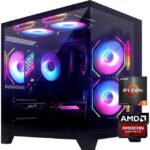
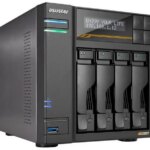 Components & Storage
Components & Storage Software & Services
Software & Services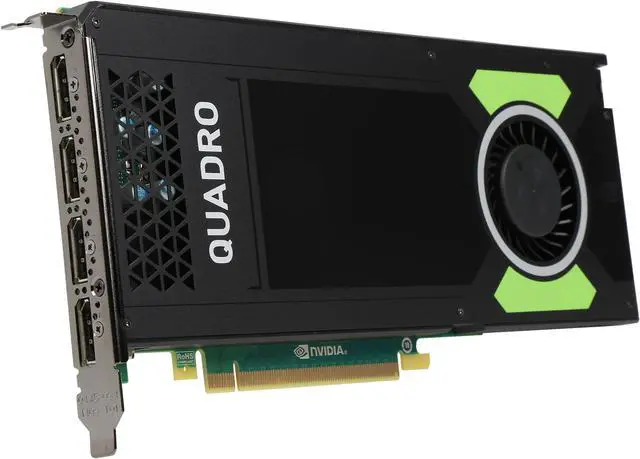

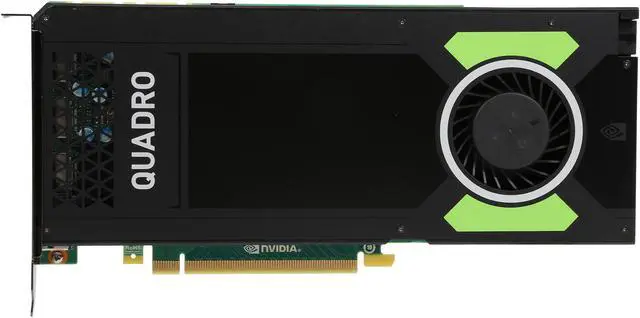
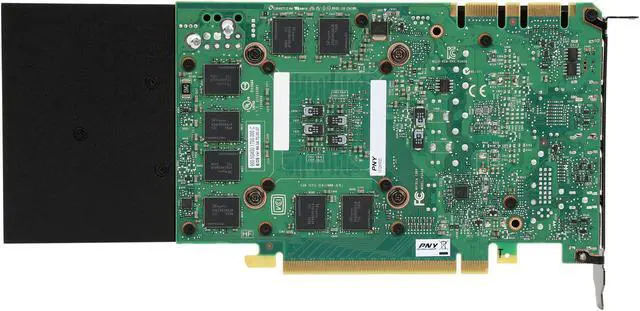
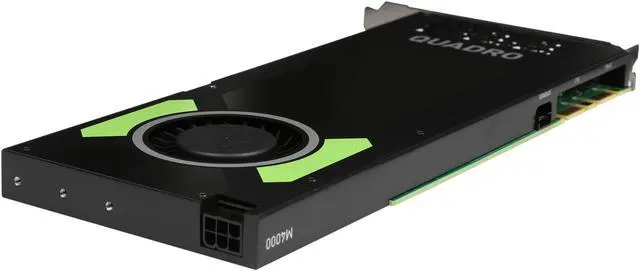
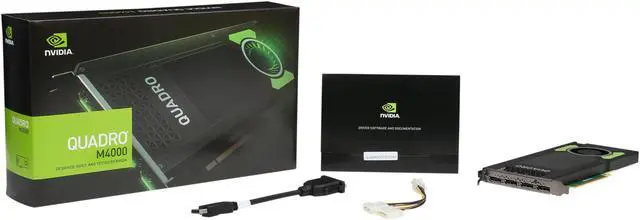
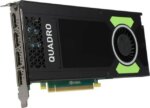





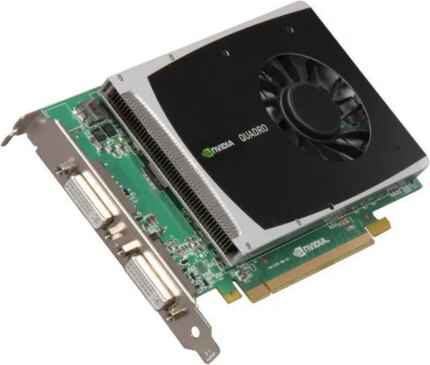
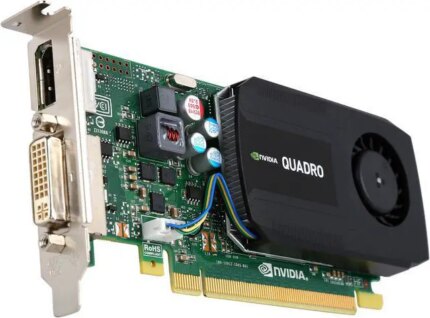
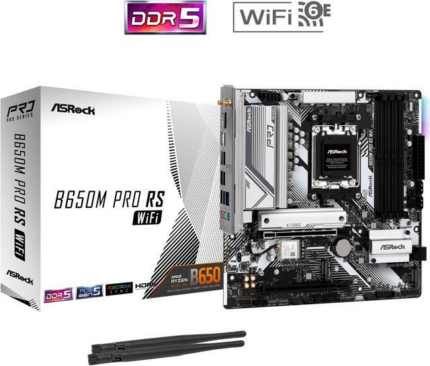
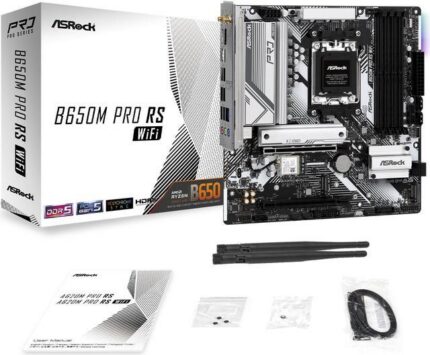
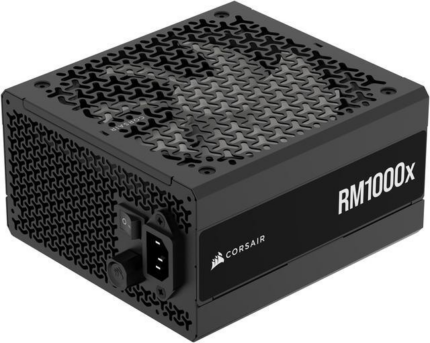
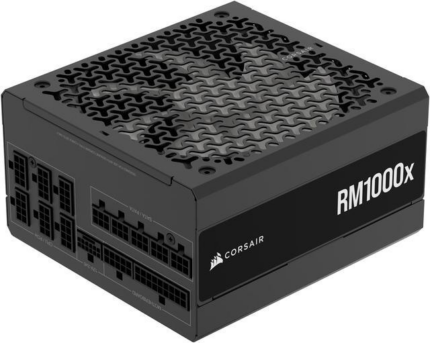
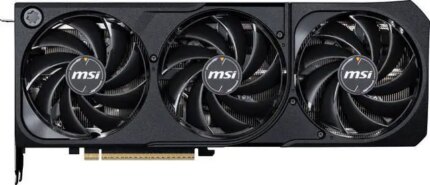
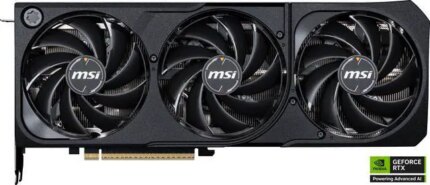
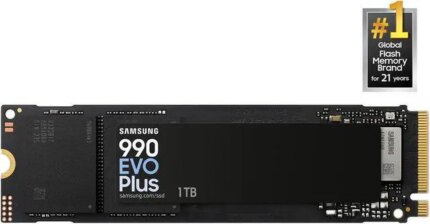


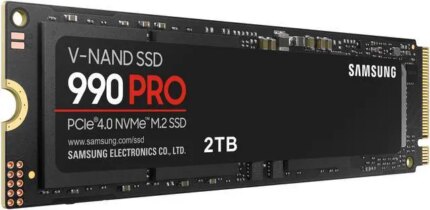
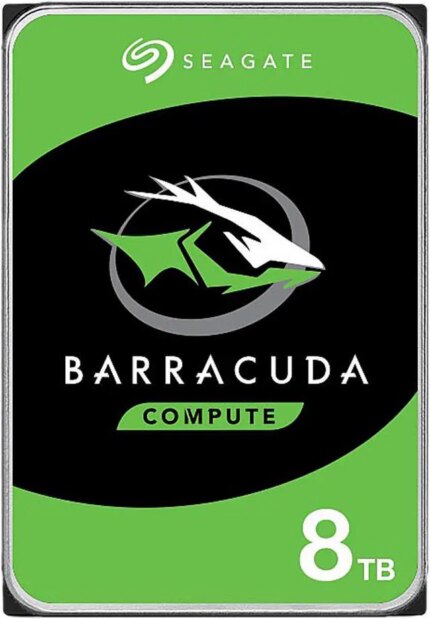
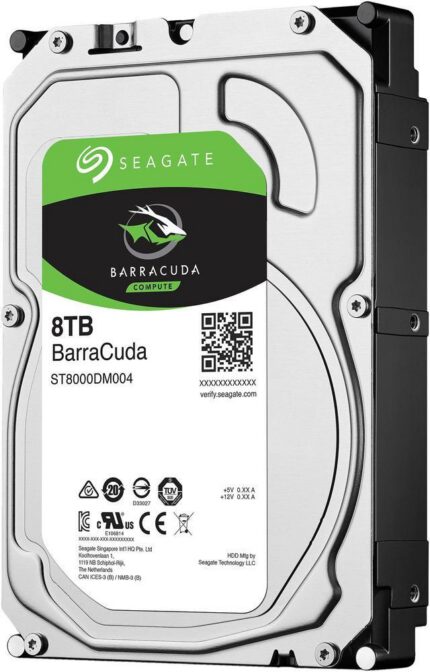
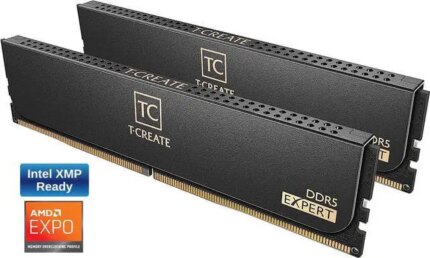
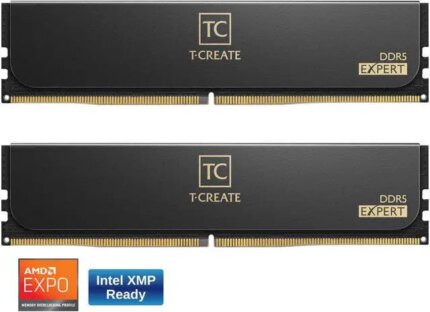
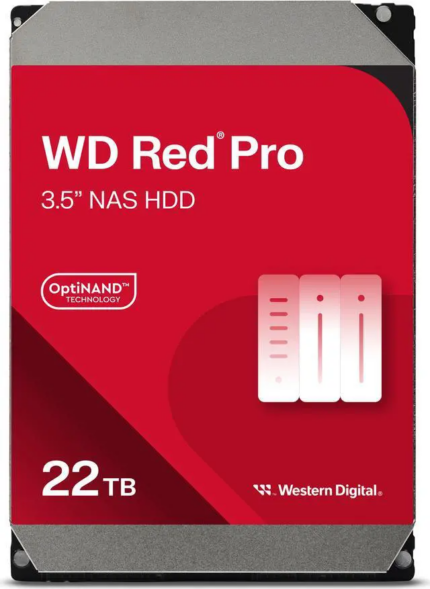
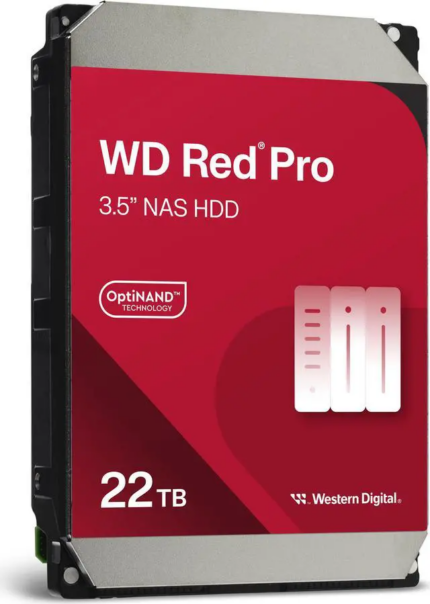
Robert K. –
Pros: Only takes one PCI-e slot.
Good price for a Quadro of these specs.
Drives two 4k monitors with no apparent lags. Cons: Had to wait for it to be released (shouldn’t be a problem now).
Slightly concerned about reliability from a single card dissipating 120w–no problems so far. Overall Review: Does everything I have asked it to do well: PCB design and layout, Home Designer, general graphics (no games).
System: Asrock x99 WS, Xeon E5-1650, 64gb Samsung DDR4 ECC (4x16gb), Quadro M4000, Intel 750 1.2TB PCI-ex 3.0 SSD, Corsair Hx850i PS, Noctua MH-D14 cooler, Corsair Air540 case, 2x Seagate Barracuda 2TB disks, 2x Acer CB280HK monitors
Anonymous –
Pros: Better day to day performance than the K4200. Price wasnt any more than the k4200 either.
Works great with the following CAD apps:
CATIA
Solidworks
SolidCam
MasterCam
UG/NX Cons: none Overall Review: Don’t cheap out on the GPU for CAD workstations or you will regret it. This is about as low as you should go for a daily heavy 3D cad user.
Anonymous –
Pros: Haven’t heavily utilized 3D-modeling or video editing apps yet, but in everything else it works perfectly. Handles anything I throw at it with ease and though I was worried about heat dissipation, temps seem to be fine. I run 4k res on everything and I haven’t noticed any lag. Cons: Not really a con but being new and a workstation card, not everything recognizes it properly, including some applications and monitoring software. Still, have hardly had any issues with that. Also somewhat disappointed by the lack of an HDMI port, though an adapter works fine.
Nathan B. –
Pros: New machine with Windows 10, and Quadro M4000. No problems using applications like Polyworks, Geomagic Design X, 3dsMax, Rhino, Autocad, etc. Cons: Haven’t found any yet
Luis C. –
Pros: Runs 3 screens at 4K NO PROBLEM. Am able to do all my work fast and efficiently even on GPU heavy programs. Cons: None
Anonymous –
Pros: Got this card to create very large, intricate assemblies in SolidWorks. It has made my life so much easier 🙂 Cons: None so far Overall Review: Check to make sure this card is certified for your intended application, that may be why there are some disappointing comments (or update yer drivers). If you want to play video games, look at the GEFORCE series.
Thomas S. –
Pros: Specifically wanted NVIDIA CUDA for Adobe Premiere Pro CS6. This is a well fabricated graphics card. I experienced no problems locating and downloading NVIDIA drivers. NVIDIA and PNY websites are fine with me. The NVIDIA control panel application is well done, flexible and applicable to my CAD and video work.
After installing the physical card and loading the drivers “Adobe Premiere Pro CS6” did not employ this graphics card as a CUDA GPU (Adobe’s Mercury Engine). This is not a problem it is a computer. For others experiencing this issue I offer the following solution:
Located in the default directory “C:\Program Files\Adobe\Adobe Premier Pro CS6\” the utility “gpusniffer.exe” should be found. I ran this utility via the command console (cmd.exe). The following is the report:
— OpenGL Info —
Vendor: NVIDIA Corporation
Renderer: Quadro M4000/PCIe/SSE2
OpenGL Version: 2.1.2 NVIDIA 376.84
GLSL Version: 1.20 NVIDIA via Cg compiler
Monitors: 1
Monitor 0 properties –
Size: (0, 0, 1920, 1080)
Max texture size: 16384
Supports non-power of two: 1
Shaders 444: 1
Shaders 422: 1
Shaders 420: 1
— GPU Computation Info —
Found 1 devices supporting GPU computation.
CUDA Device 0 –
Name: Quadro M4000
Capability: 5.2
Driver: 8
Total Video Memory: 8192MB
Not chosen because it did not match the named list of cards
Notice the “GPU Computation Info” states the name of this card is “Quadro M4000” and the last line refers to a “named list of cards”. This list is the text file “cuda_supported_cards.txt” located in the same sub-directory. Open this text file with an editor such as “Notepad” and add “Quadro M4000”. Done correctly the “Mercury Playback Engine GPU Acceleration (CUDA)” option should be active in the “Project Settings” of “Adobe Premiere Pro”.
This following comparison you may find informative:
Using a short 7-minute 28-second, 720×480 video production rendering at “Max Render Depth” and MAX Render Quality” I rendered without CUDA and with CUDA.
WITHOUT CUDA
Total rendering time = 2-minutes, 48-seconds, utilizing between 80%-90% of a Xeon E5-1650 v3 CPU.
WITH CUDA
Total rendering time = 41-seconds, utilizing 27% of the CPU while off-loading to a maximum 77% usage of the Quadro M4000 graphics card.
A final comment on “Display Port” to “HDMI” accommodations:
In the past with other graphics cards I tried a few adaptors with none providing audio to the monitor. The following is a single-cable solution that works for my hardware configuration. This cable is available in various lengths.
CABLE, DisplayPort to HDMI
StarTech DP2HDMM1MB 3 Feet Black Connector A 1 – DisplayPort (20 pin) Male Input Connector B 1 – HDMI (19 pin) Male Output DisplayPort to HDMI converter cable – 4K M-M
MY APPLICABLE HARDWARE LIST
MOTHERBOARD
ASUS X99-E WS/USB 3.1 CEB Server Motherboard Intel X99 Express Chipset
Item #: N82E16813182968
PROCESSOR
Intel Xeon E5-1650 v3 Haswell-EP 3.5GHz 6 x 256 KB L2 Cache 15MB L3 Cache LGA 2011-3 140W Server Processor BX80644E51650V3 …
Item #: N82E16819117499
RAM
Kingston 64GB (4 x 16GB) 288-Pin DDR4 SDRAM ECC Registered DDR4 2133 (PC4-17000) Server Memory Model KVR21R15D4K4/64
Item #: N82E16820242019
MONITOR
HP 2509m Cons: N/A Overall Review: For me, this has been a good investment.
William J. –
Pros: None I can find and I love to try and blow up my computer rendering and working with large models . Latest software really starting to tap into the CUDA cores Cons: Not for playing games – it is for making money Overall Review: This thing makes 4k work like butter – just swapped out this morning for a few hours during maintenance and put in my Quadro K420 for fun and yucks which does run one 4k monitor plus a Div-x port fine but for example rendering out of Premier takes 400-600% longer. The M4000 usually renders 4k video with moderate effects in less time then the actual length and I NEVER see lag in my preview even in full screen mode. I have left the K420 in and am going to see if I can shave more time off of renders – will update…. no help…